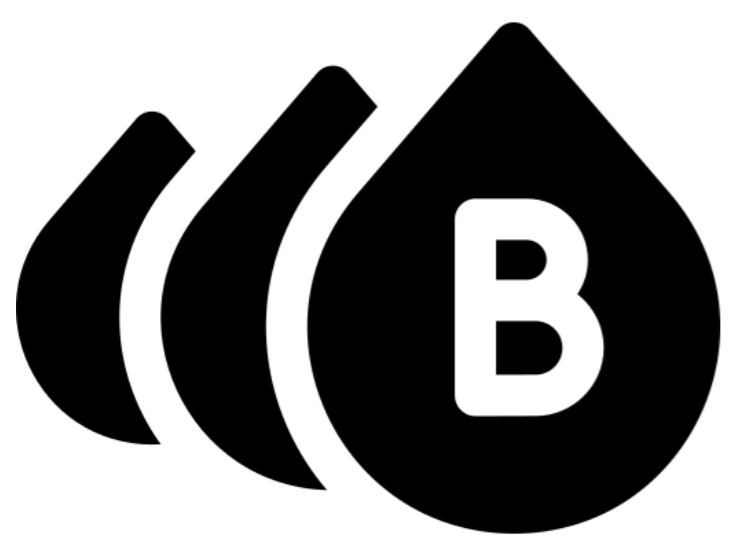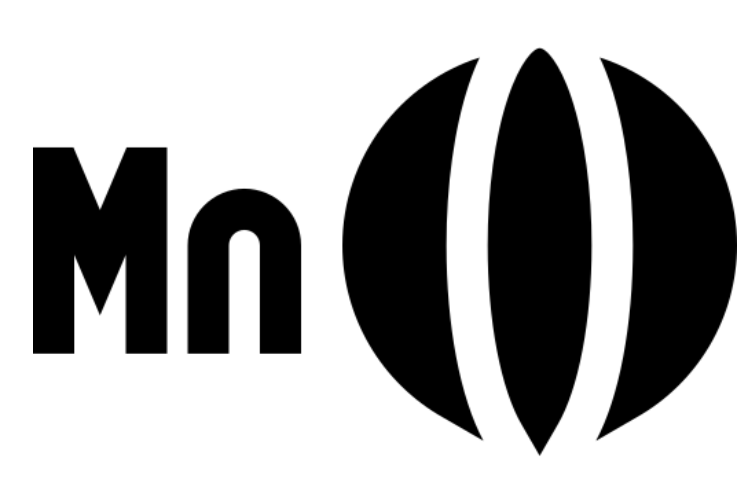
Am I Getting Enough Vitamins?
Getting enough nutrients doesn’t need to be complicated. The simplest way to support your body is to eat a wide variety of foods—different fruits, vegetables, proteins, grains, and healthy fats. Variety ensures that you’re not only hitting the recommended daily intakes but also covering the spectrum of vitamins, minerals, and phytonutrients your body relies on to function.
At Flush GBI, we highlight the importance of balance: it’s not just how much you eat, but the diversity of what you eat. For example, the “vegetable” category isn’t one-size-fits-all. Dark leafy greens, red and orange vegetables, legumes, and starchy roots all provide different benefits. By mixing them up, you reduce the risk of gaps in your nutrition.
In addition to food, fortified foods and targeted supplements can play a role when diet alone doesn’t provide enough. Fortification has already helped entire populations prevent issues like rickets (vitamin D deficiency) and goitre (iodine deficiency). Still, supplements should fill gaps—not replace a foundation of whole foods.
Deficiency vs. Inadequacy
There’s a difference between outright deficiency and inadequacy:
-
Deficiency is when you’re so low in a nutrient that you develop a recognisable condition (e.g., vitamin A deficiency leading to night blindness).
-
Inadequacy means you’re getting just enough to prevent disease, but not enough for optimal health. Symptoms are more subtle—like fatigue, brain fog, or a weakened immune response.
Most modern diets don’t cause extreme deficiencies, but inadequacy is widespread. Over time, it can chip away at resilience, energy, and wellbeing.
Common Shortfall Nutrients & Signs
-
Vitamin A → rough skin, night blindness
-
Vitamin D → bone weakness, muscle fatigue, low mood
-
Vitamin E → nerve damage, coordination issues, vision changes
-
Vitamin C → poor wound healing, bleeding gums, spoon-shaped nails
-
Folate (B9) → fatigue, mouth sores, neurological issues
-
Calcium → muscle cramps, brittle bones, numbness in fingers
-
Magnesium → nausea, weakness, poor sleep quality
-
Potassium → high blood pressure, low energy, muscle weakness
Testing & Diagnosis
Some nutrients, like vitamin D, can be measured directly in the blood. Others, such as calcium, are trickier—because the body will maintain stable blood levels even while pulling from bone stores. In these cases, diet history and lifestyle analysis often give a more accurate picture.
If you’re concerned, a healthcare provider or dietitian can assess whether you’re getting enough through food or if you’d benefit from targeted supplementation.
When Supplements Make Sense
Supplements may be useful if you:
-
Are pregnant or breastfeeding
-
Have medical conditions that affect absorption (like Crohn’s or celiac disease)
-
Follow restrictive diets (vegan, keto, low-fat)
-
Are over 50 and naturally absorbing fewer nutrients
The food-first approach is always best, but supplements can bridge the gaps where necessary—ensuring your body has what it needs to function at its best.








